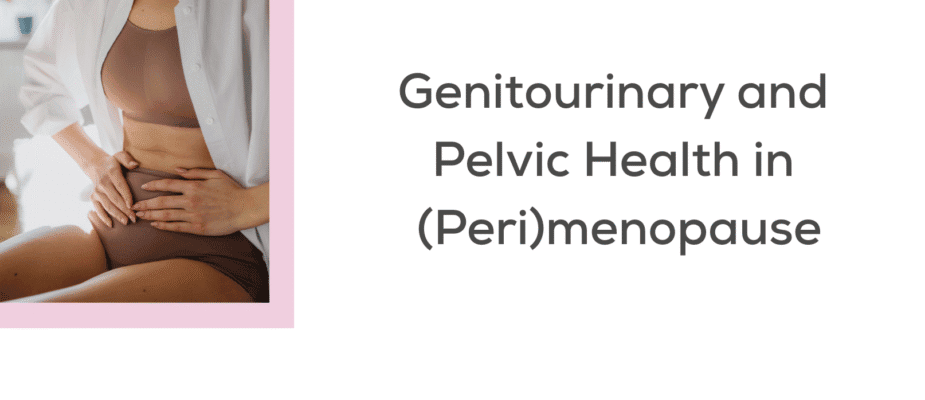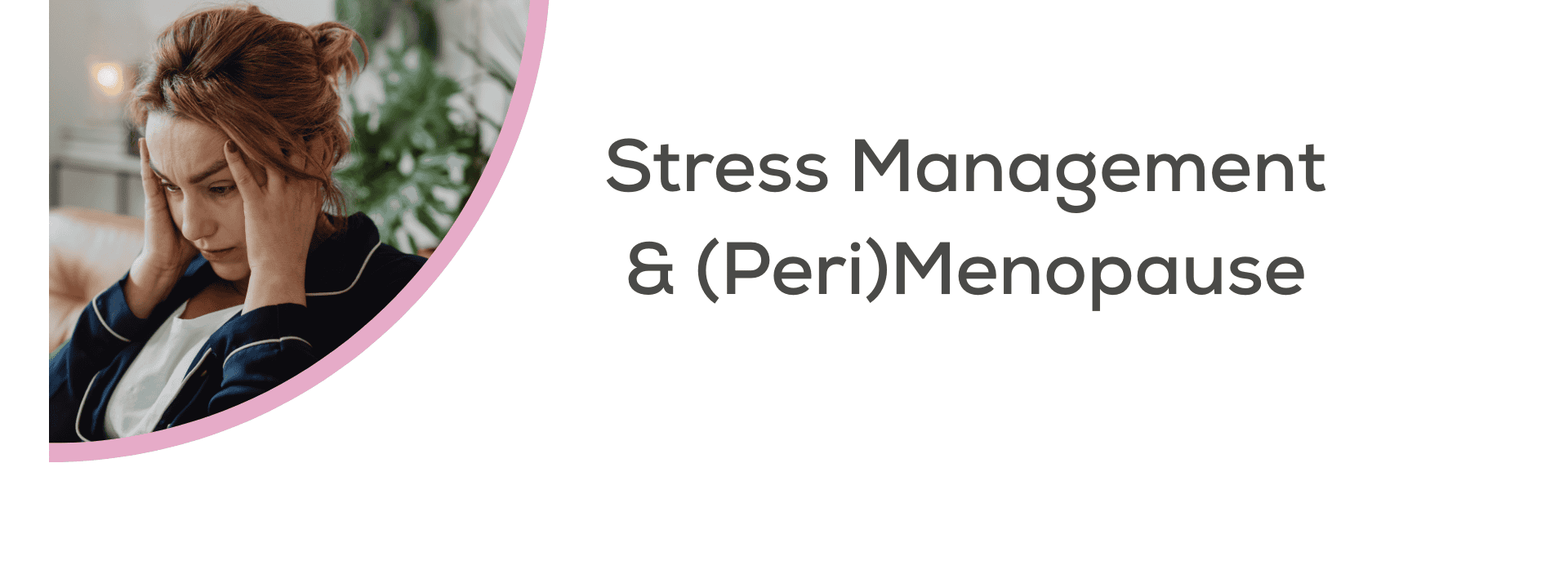Contraception and Perimenopause
The perimenopause; also known as the “menopausal transition” is the time during which a woman’s body makes the natural transition to menopause; which marks the end of the reproductive (fertile) years.
For many women; this transition is fraught with a variety of symptoms; including hot flushes, mood change and poor sleep. However, for women wishing to avoid a pregnancy; one of the more welcome side effects of menopause is the cessation of natural cycles and subsequent decline in fertility.
It is often difficult for women to know exactly when they are no longer fertile and although this natural decline in fertility increases with age and spontaneous pregnancy is rare after age 50, effective contraception is required until menopause to prevent an unintended pregnancy.
What contraceptive methods are best in the perimenopause?
Choosing the best contraceptive method will require input from a healthcare professional. The right choice will depend on the woman’s general health and lifestyle, as well as any relevant family history of medical illnesses.
Non-hormonal options include barrier methods (e.g. condoms) and more reliable options such as the copper intrauterine device – IUD (“non-hormonal coil”).
Hormonal options can be grouped into two groups:
- Combined Hormonal Contraceptives. These methods contain two hormones: synthetic estrogen and synthetic progesterone; e.g. the combined pill “Microgynon 30”.
- Progestogen Only Contraceptives. These methods contain one hormone; synthetic progesterone e.g. the progestogen only pill, the implant, the injection and the intrauterine system-IUS or “Hormonal coil”.
For all women; the overall risk of blood clots, heart disease and stroke increases with age. Due to the increased risk of cardiovascular disease associated with combined hormonal contraceptives; women aged 50 and over are advised to stop using these methods and consider safer alternatives.
Women over 50 using the contraceptive injection should be advised to stop this method and consider safer alternatives due to the theoretical risk of bone loss associated with the injection.
Contraception does not affect the onset or duration of menopausal symptoms but hormonal contraceptives may mask the signs and symptoms of the menopause.
Do I need contraception if I am already on HRT?
HRT is not contraceptive. Therefore, reliable contraception is required to avoid an unintended pregnancy.
Can I use hormonal contraception alongside HRT?
Combined hormonal contraception contains two hormones; synthetic estrogen and synthetic progesterone. This cannot be used alongside HRT, but can be used as an alternative to HRT in women under 50. It is important to discuss the pros and cons of this with a healthcare professional in terms of side effects and risks; especially when comparing this with body-identical HRT.
Non-hormonal contraception and progestogen only contraceptives can be used alongside HRT.
The Mirena IUS (hormonal coil) can be used as part of HRT and contraception; and is therefore often chosen by women and healthcare professionals for this dual purpose.
How do I know when I have reached the “menopause”?
“Menopause” can only be confirmed by looking back in time, and is confirmed when a woman has had no periods for 12 months.
When can I stop contraception?
For women over 50; contraception is no longer required after 12 months of no natural periods.
For women aged between 40-50; contraception is no longer required after 24 months of no natural periods.
What if I have no periods due to hormonal contraception?
Women using various hormonal contraceptives may find that their periods stop as a side effect of that particular method. Common examples include progestogen only contraceptives e.g. the IUS (e.g. “Mirena” coil), the implant, the progestogen-only pill and the injection.
This can make diagnosing menopause difficult. Women aged 50 and over who wish to establish whether they can stop these methods; can have a blood test for “FSH” (follicle stimulating hormone). If the level of hormone is in the menopause range; contraception can be stopped after 12 more months.
In general, all women can stop contraception at age 55, as pregnancy after this age is extremely rare, even in women still experiencing periods.
Where can I get more information and support on contraception?
Women receiving care at the OMC are routinely asked by the specialist team of doctors about contraceptive needs as part of the general consultation.
GPs and local sexual health/family planning clinics can also provide advice and support on contraception.
If you’re concerned about contraception and perimenopause and would like to find out how OMC’s personalised treatment plans can help you, get in touch via our Contact page or Request a Callback with an experienced menopause doctor.




